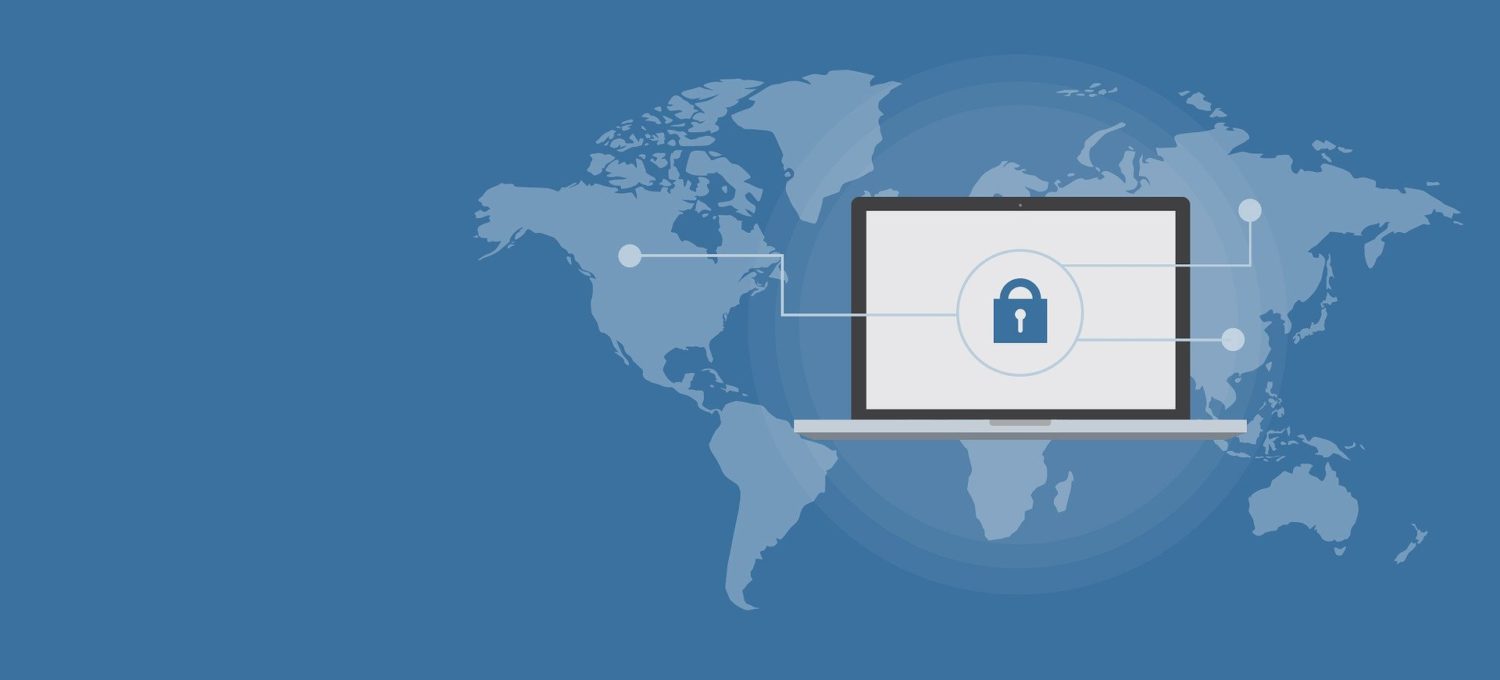If there is one thing that the COVID-19 pandemic has shown it is that the quicker the media is able to disseminate accurate information to the people, the better it is for the overall outcome. That is why we have seen governments plus various trustworthy health authorities like WHO, NHS, NIH and CDC coming up with new initiatives to make sure that the right people get the right information at the right time.
Now all that sounds great until you ask the question of who is going to regulate the regulator?
A few weeks ago, the BBC came out with a report which stated that the government in the UK had started to crack down hard on any source spreading misinformation regarding the COVID-19 pandemic. The action from the government has now taken the form of a new rapid response unit. The unit will work within the UK Cabinet Office. Its main activity will involve interacting with various social media platforms and helping them take down harmful content and fake news.
The only problem with this is who is going to define what harmful really is?
Of course, the government in the UK has the right idea that if it does not step in and censor content on some of the largest platforms in the world, then thousands of people could lose their lives as a result.
On the other hand, we have reputable publishing platforms such as the BBC and many others that have joined forces to form The Trusted New Initiative. This initiative has also implemented plans to curb the spread of harmful and potentially fatal coronavirus disinformation. A lot of information on the web can be potentially harmful depending on the point of view one takes. Critics of just initiatives such as The Trusted New Initiative say that the inclusion of the word ‘trusted’ in the name of the initiative gave the impression of a self-appointed and self-serving group with its own agenda. Whether or not a given initiative is trustworthy or not should be left to the people and not to the initiative itself.
The Director-General of EBU (The European Broadcasting Union), Noel Curran recently said that during emergencies such as the coronavirus pandemic, there was a great need for evidence-based, factual and trusted reporting. The EBU, as should be obvious, likes to portray itself as the leader of a global alliance of public service media platforms. As it turns out, it too is a member of the previously mentioned Trusted New Initiative.
In addition to these censorship measures, almost all major governments around the world are censoring various media outlets to protect their population. If current trends are anything to go by, online censorship will definitely increase amid the coronavirus pandemic.
Privacy experts from privacyend.com have shown concerns that governments along with various other telecommunication and technology companies may not scale back their surveillance programs once the pandemic has been brought under control in the near future.
And while it is true journalists are not immune to making mistakes and presenting their biases as facts, that does not mean the only way to combat such a problem is more online censorship. Readers should understand that they should never accept any content on any given platform unquestioningly and should check a given story on a multiple number of publishing platforms both on the right and on the left.
Sadly, governments aren’t ready to leave this problem unchecked even though a simpler method of ‘censoring’ information on the internet would be to supply an abundance of useful information on various official websites both during and after the coronavirus pandemic. Anyone with an internet connection can then fact-check any content on any publishing platform.
Governments cannot, and probably should not, control people who have no interest in putting in the effort to filter out the information that they get from the internet. Blanket censorship is the worst possible approach of containing misinformation in the online world. In the end though, governments should realize that all such online censorship programs are both repressive and futile as sooner or later, the more discerning of online consumers would find ways to get the information that they want.

